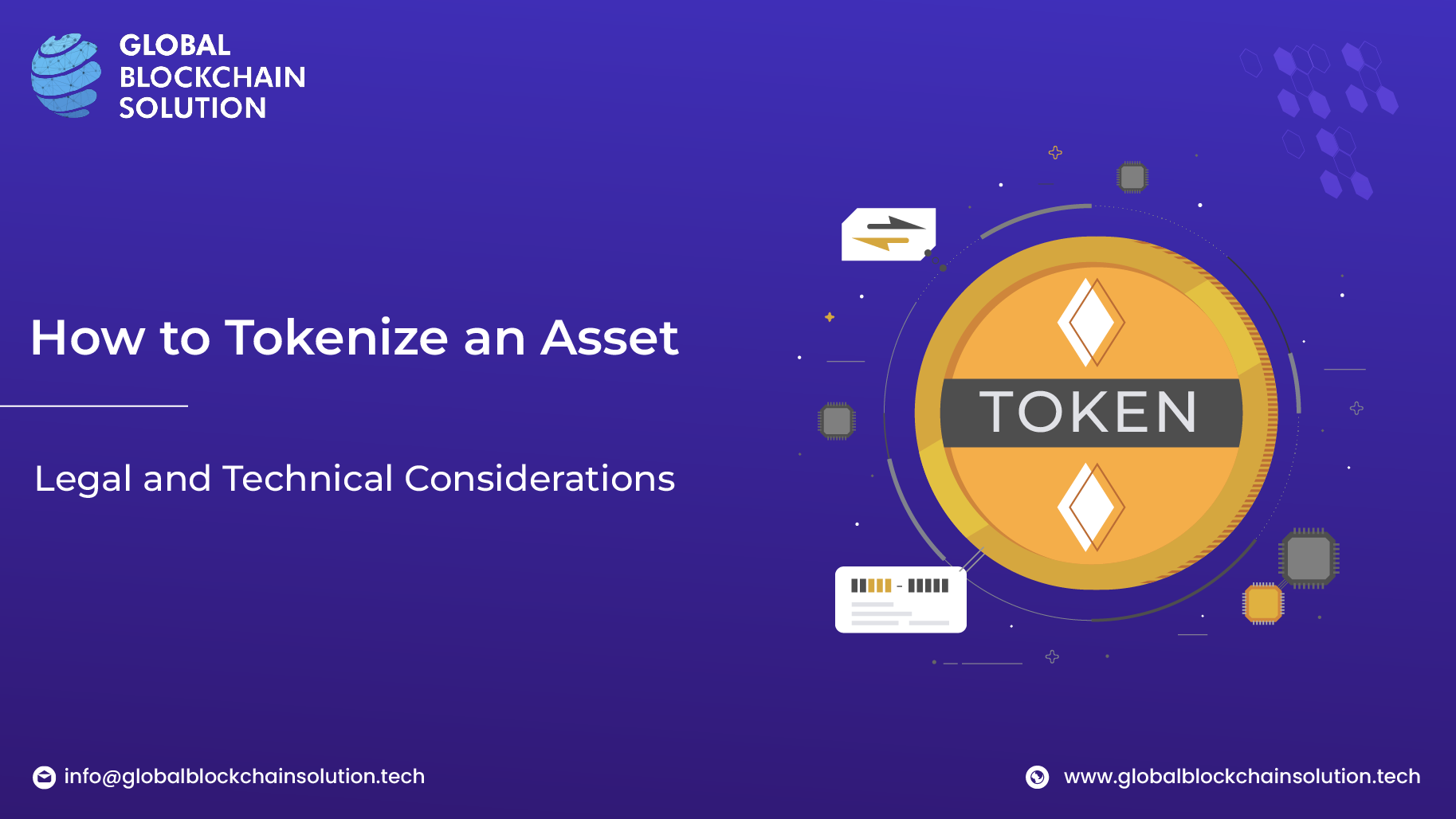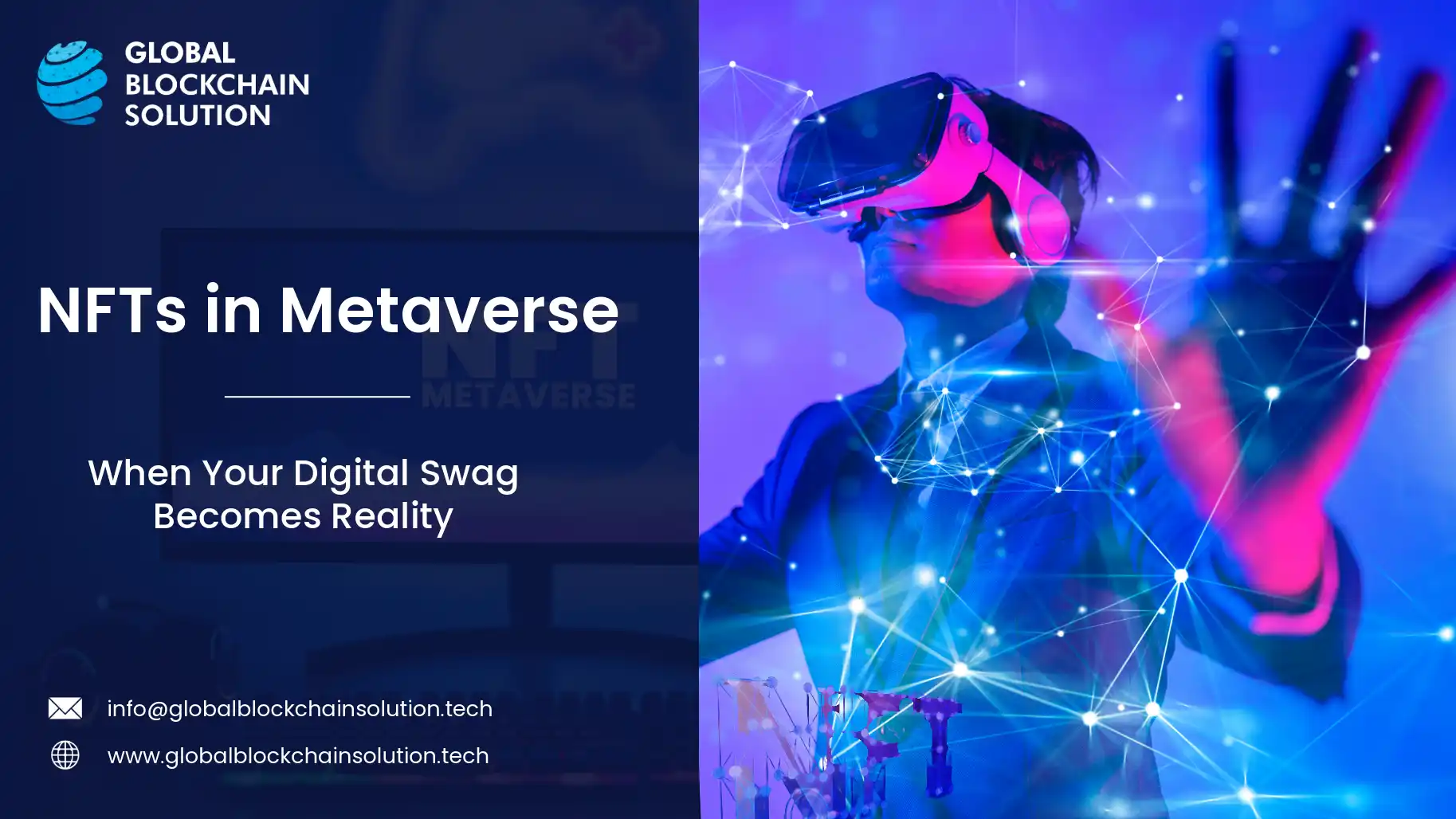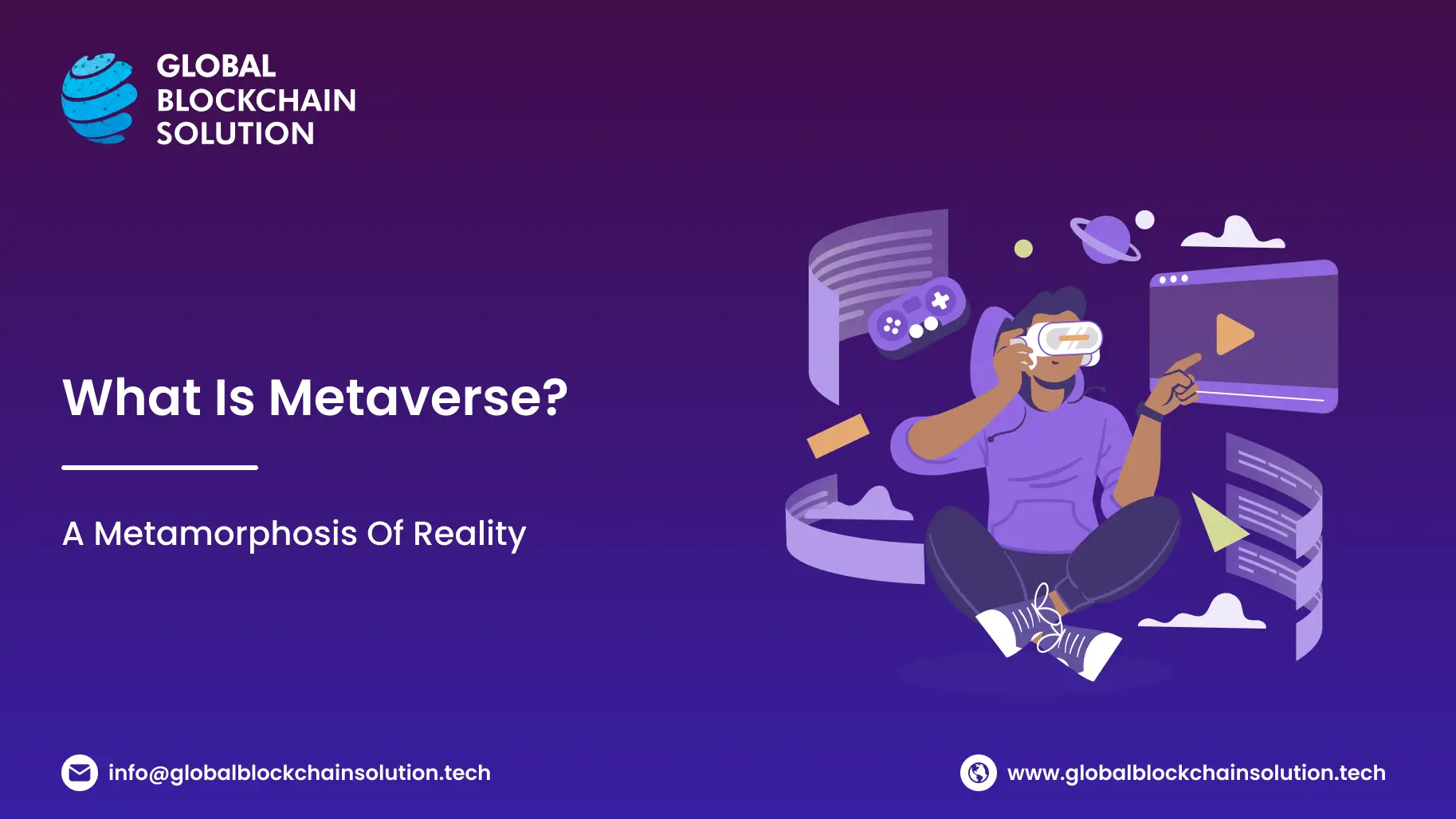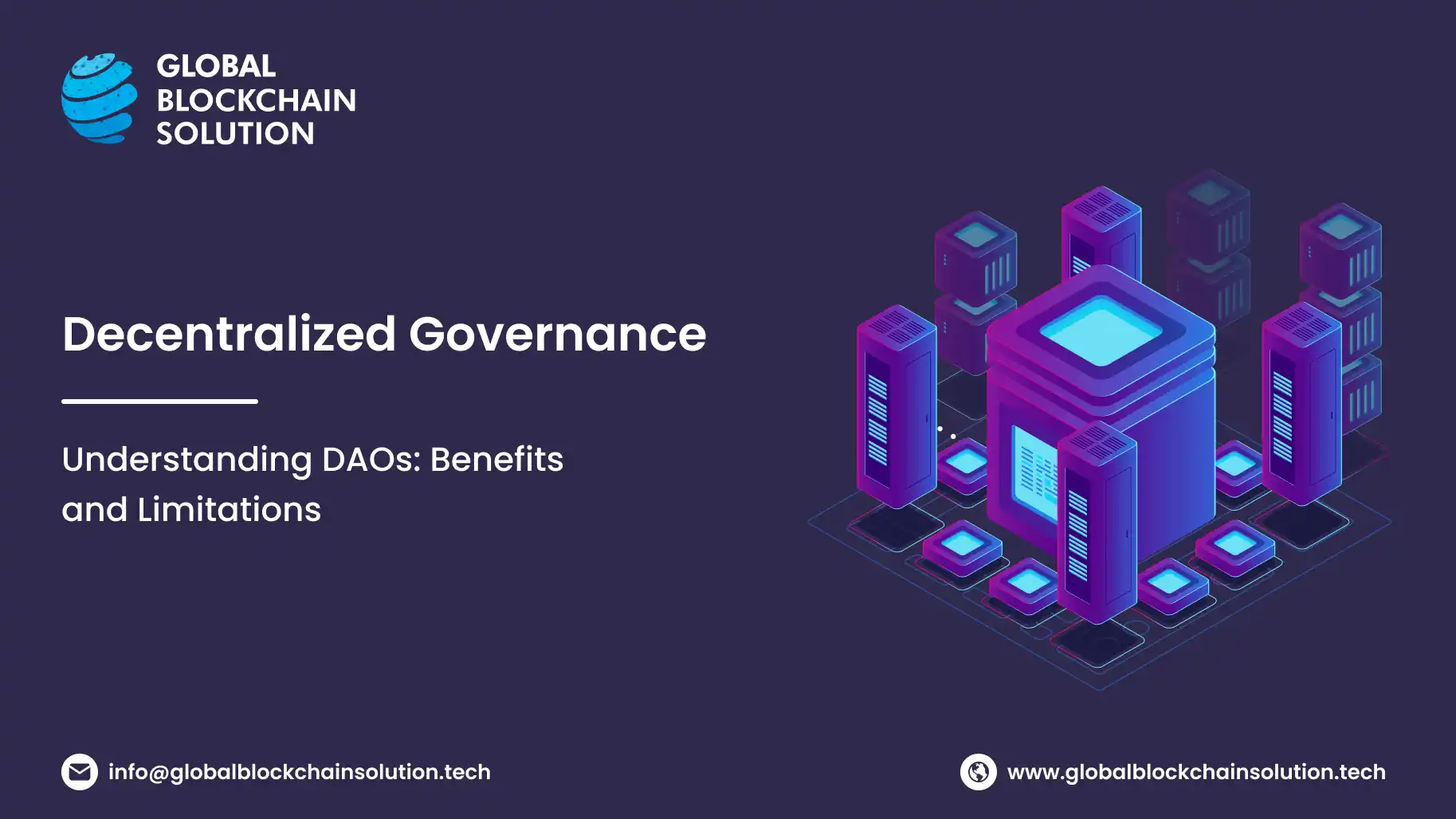A $10 million resort in Bali completed Indonesia's first tokenized real estate sale last year. In India, GIFT City announced thelaunch of a regulated digital asset tokenization platform a couple of months ago. Even fashion powerhouse Dior has tokenized physical accessories to authenticate and track ownership histories by creating digital twins.
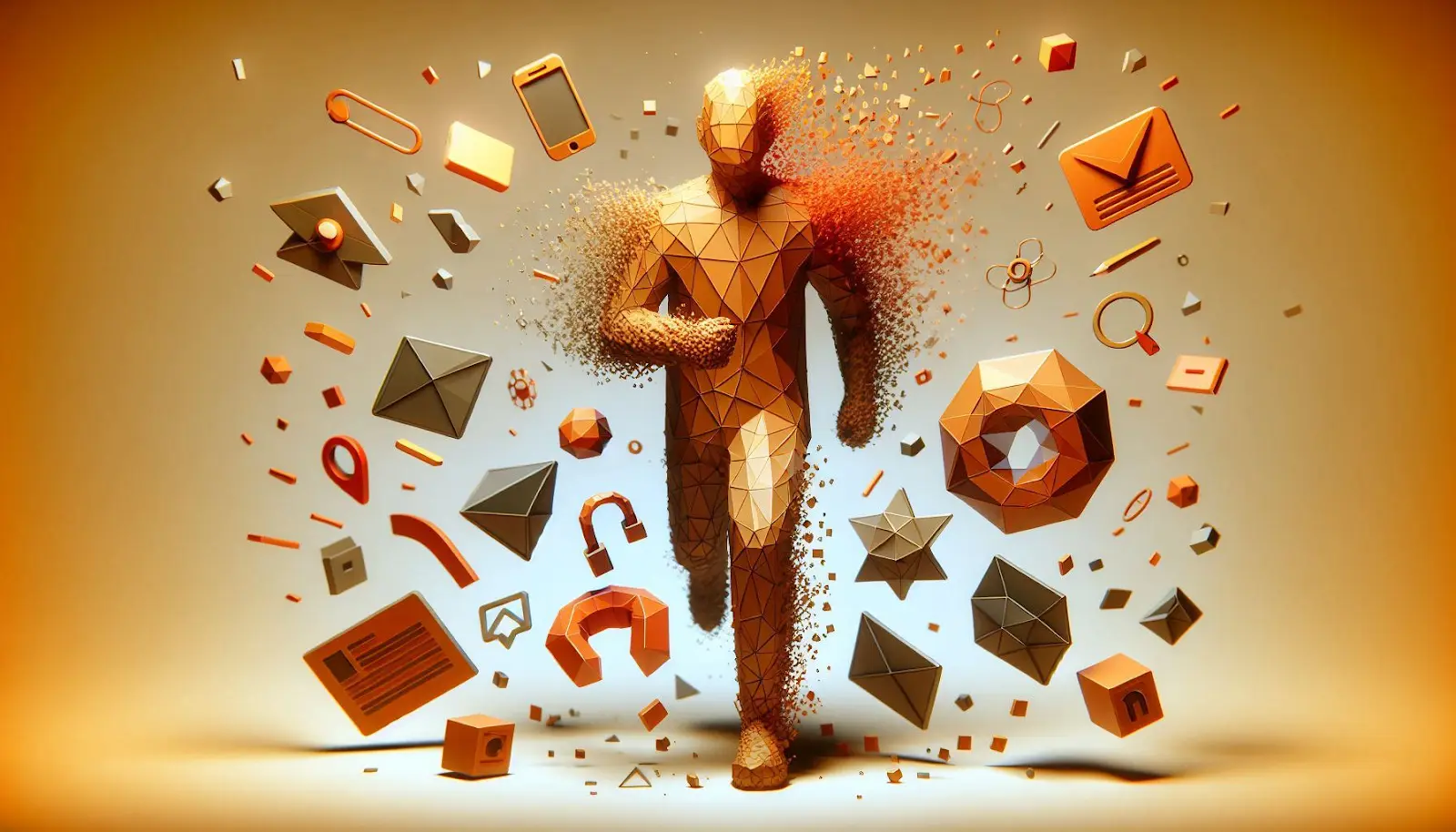
A quiet transformation in asset investing is underway. Driven by blockchain technology, real-world asset tokenization unlocks opportunities once only available to institutions and high-net-worth individuals. This innovation allows fractional ownership of high-value assets like luxury real estate and fashion items, bringing accessibility, efficiency, and transparency to markets worldwide.
And, well, the hype is validated by the numbers. According to estimates, the total value locked in real-world asset tokenization platforms nearly doubled year over year in 2023, reaching over $2.5 billion.
As macro conditions drive demand for off-chain yields, tokenization provides the ideal mechanism for capturing these rewards on-chain.
So, the question arises of how to tokenize an asset. And what does that even mean?
Today, at Global Blockchain Solution, we will discuss precisely that. This piece will delve into real-world asset tokenization, how it works, and some important considerations that you must have while tokenizing. Let's go!
This Article Contains:
What is Real-World Asset Tokenization?
Tokenization sounds like "Tron: Legacy" or "The Matrix," wherein real-world characters and objects are transformed into their digital selves. This is not entirely true. To understand tokenization, we must first understand its essence.
At its core, tokenization turns real-world assets - tangible property like real estate or intangible assets like patents - into digital tokens.
But tokens, in this context, aren't something from sci-fi movies. They are just digital representations of ownership, like virtual share certificates tradable on blockchain platforms.
For example, just as holding a share certificate entitles an investor to dividends and voting rights for a company, holding a token empowers the owner to similar benefits for diverse asset types beyond corporate stock.
In other words, a token is just like a programmable share certificate on a blockchain. Would this "programmable share certificate" be legally valid? Let's save this question for the next section.
Also Read: Impending Doom or Is Web3 the Future of the Internet?
For now, know that real-world asset tokenization is an embryonic industry. While some forward-looking regulators are integrating it into their systems, others have differing opinions.
So, the complexity makes tokenization "work" seamlessly in today's intricate legal systems and asset transfer regulations.
The Legal Perspective of Real-World Asset Tokenization
Tokenizing assets prompts profound and unprecedented questions about the law. For instance, property ownership is traditionally recognized through physical deeds and titles registered with governments.
However, blockchain tokens are entirely novel digital assets. So, how do they fit in?

Under the current laws of most nations, a property's title deed does not automatically change when tokenized.
Instead, legal constructs like Special Purpose Vehicles (SPVs) are created to hold the actual asset. The SPV then issues blockchain tokens representing shares in the property. This allows tokens to represent real ownership interests without directly conflicting with existing title deeds.
Nevertheless, legal gray areas remain.
Do these tokens now constitute securities, like shares of stock? What regulations apply? How to tokenize an asset such that the tokens remain legally valid representations of ownership if the asset is sold?
Also Read: The Legality of Launching an ICO in the US
Questions like these are now working their way through and, thankfully, getting us the correct answers.
For instance, the GIFT City tokenization, as the regulator drives it, will offer superior legal validity. Though the fine details are still awaited, these tokens should be strongly tied to the assets they back, removing the need for an SPV.
The token holder may always retain the legal rights entitled to the token purchase.
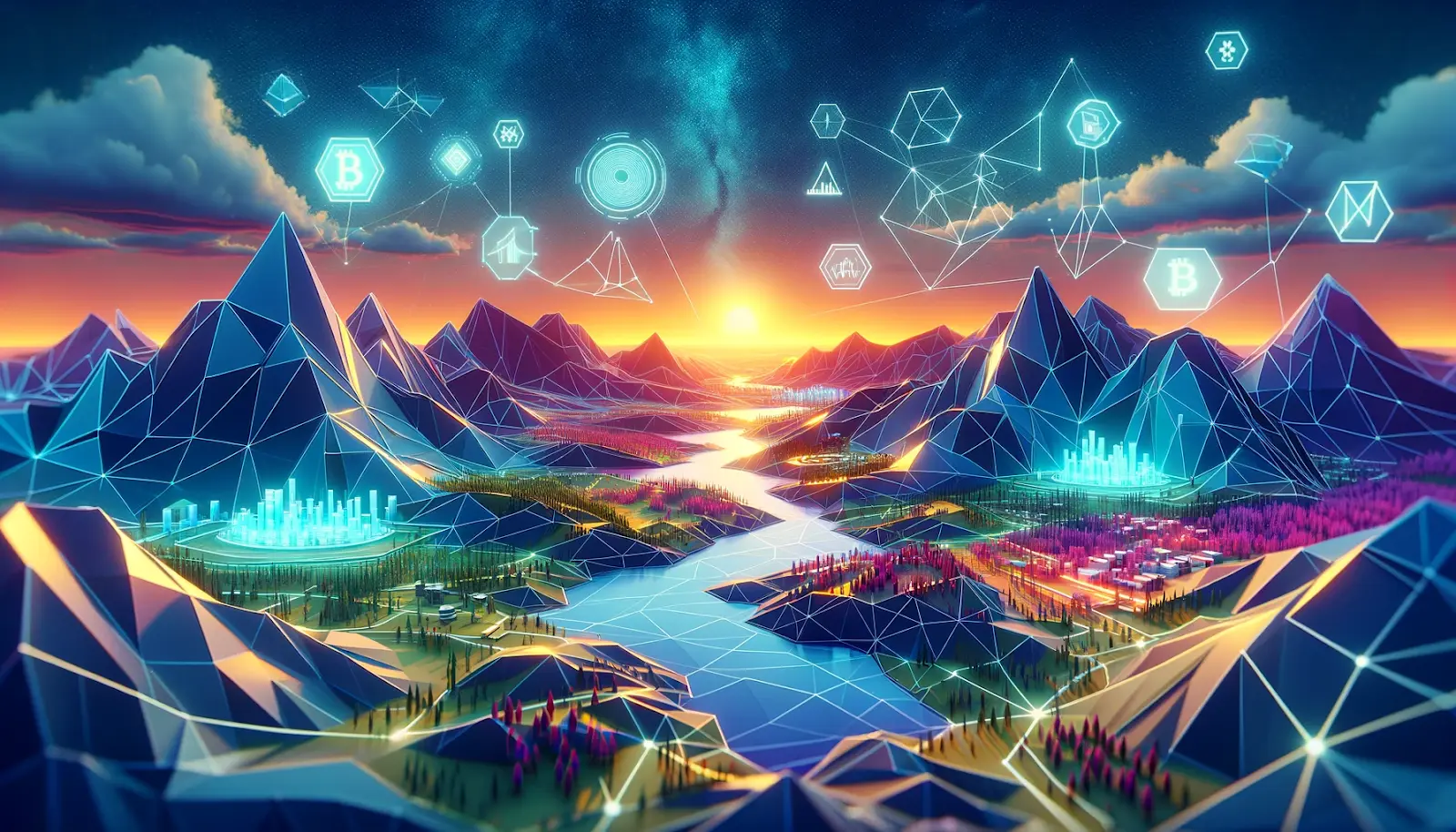
But since only some administrations think along these lines, reliable tokenization requires navigating complex legal waters - with careful compliance, creative thinking, and problem-solving paving the way to success.
For the token to have real-world value and enforceability in the respective jurisdiction, there should be a token's legal recognition representing a claim or interest in the underlying asset.
How to Tokenize an Asset?
Of course, legal principles mean little without the technical mechanisms to realize them. So, how to tokenize an asset in practice?
While different assets may require different considerations, here's how everything works in general:
1. Asset Identification and Valuation
The first step in tokenizing a real-world asset is to identify and appraise it. This requires researching the asset, verifying ownership records, inspecting its condition, and assessing its current market value.
If you have an exotic item, valuation approaches can include comparing similar asset sales, analyzing rental income or cash flows, and appraisals. Accurate valuation is crucial for determining the total token supply and setting an appropriate price per token.
2. Legal and Regulatory Compliance
Unlike the gold rush of the past, securities regulations loom large today. Are tokens now akin to stocks that require registrations? Investment laws, commercial codes, title transfer rules, money transmission regulations, etc. may also apply.
Ensuring full legal and regulatory compliance is essential for legitimate tokenization.
Navigating these complex regulations may require extensive legal research, establishing new legal entities, obtaining permissions or exemptions, and complying with KYC/AML rules.
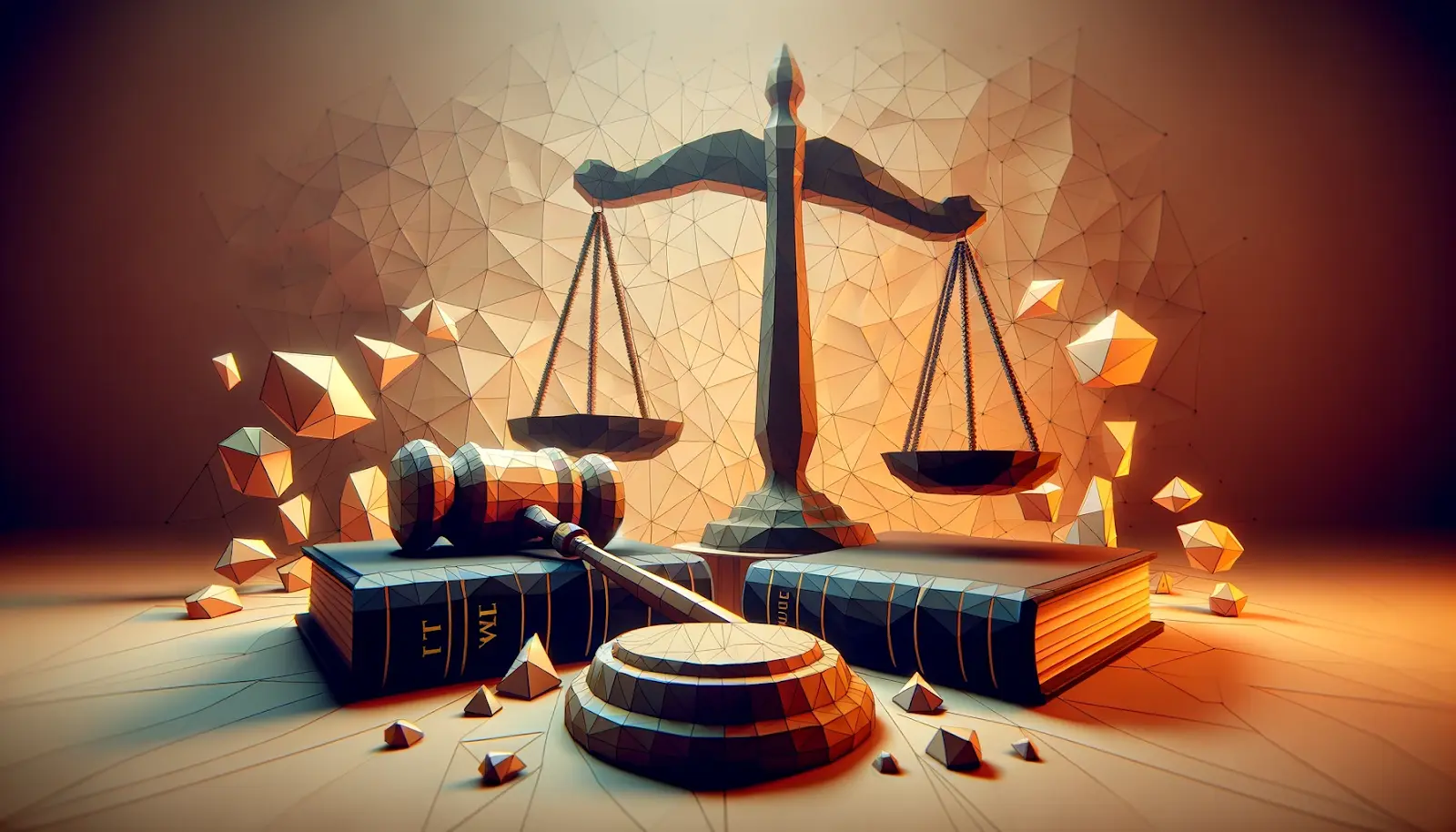
Many businesses tend to ignore the need for ongoing compliance as regulations evolve. Try to factor this into your legal handbook.
3. Smart Contract Development
Smart contracts encode the detailed rules for managing the tokenized asset. These rules include defining functions for token creation, setting transfer restrictions, enabling trading on exchanges, and distributing returns like rental income.
Everything begins with selecting a blockchain, such as Ethereum, BNB Smart Chain, Solana, etc., for your contract development. Some of the popular protocols for token development on Ethereum include ERC-20, ERC-721, ERC-777, and ERC-1155. BNB Smart Chain uses BEP-2 and BEP-20, while Solana uses the SPL token standard.
Also Read: What is the ERC-721 Token Standard?
While selecting the blockchain and token standard, it is critical to examine what you want out of your tokenization. For instance, if your tokenization involves frequent reselling at small ticket sizes, ensure your smart contract transaction on a blockchain has a low gas fee.
Lastly, coding complex legal and financial rules into smart contracts requires legal and technical expertise. Auditing smart contracts is also crucial to ensure accuracy and security.
4. Token Issuance
The actual digital tokens can be issued once the smart contracts are deployed on a blockchain. The total token supply will be determined based on the asset value and the percentage that the asset owner holds.
During token issuance, you'll also have to make the necessary disclosures, such as royalties, if any.
Smooth token issuance relies on carefully designed smart contracts, a stable blockchain network, token exchange integrations, and a user-friendly wallet or platform for investors. Token marketing should also be done with finesse to onboard investors. Avoid overstepping any legal or regulatory requirement.
Also Read: What is Howey Test? Definition, History and Role in Blockchain Regulation
5. Ongoing Management
Effective ongoing management ensures the real-world asset and the digital tokens remain synchronized. This includes tracking changes in legal ownership, asset condition, valuation, and regulatory status.
Also Read: CryptoKitties Case Study: Key lessons for blockchain development
Responsible entities must provide transparency for investors and update token supplies or smart contracts if necessary, such as after a partial sale of the underlying asset occurs.
In closing, tokenizing real-world assets involves both legal innovation and blockchain engineering. By skillfully leveraging both disciplines, tokenized ownership can become more than just theory.
The rise of tokenized real estate, commodities, and financial assets proves this. Extending true and enforceable ownership rights into the digital realm has a bright future. But we must build that future carefully upon the foundations of law, technology, and cooperation.
If you need help or have any questions, consult the experts at Global Blockchain Experts. Contact us today or book a free 15-minute consultation to resolve your doubts.
Now, go, build something great. Godspeed!
Frequently Asked Questions
1. What is real-world asset tokenization?
Real-world asset tokenization is the process of creating digital tokens on a blockchain that represent ownership of tangible or intangible real-world assets. This could include assets like real estate, art, commodities, intellectual property, etc. The tokens serve as a digital representation of fractional ownership in the underlying asset.
Tokenization allows high-value assets to be divided into smaller, more affordable units. This enables fractional ownership, making these assets accessible to a wider pool of investors. Blockchain technology provides enhanced liquidity, transparency, and efficiency compared to traditional markets.
2. What are the benefits of tokenizing real-world assets?
Some key benefits of real-world asset tokenization include:
Increased liquidity: Tokens can be traded 24/7 on global exchanges.
Fractional ownership: Assets can be divided into smaller, more affordable units.
Reduced costs: Blockchain automates processes, reducing management and legal fees.
Faster transactions: Blockchain enables the quick transfer of ownership without intermediaries.
Transparency: Ownership and transaction records are immutable and auditable on the blockchain.
3. How to tokenize an asset?
The typical process for tokenizing a real-world asset involves:
Asset identification and valuation.
Ensuring legal and regulatory compliance.
Creating a digital representation of the asset on a blockchain using smart contracts.
Issuing tokens that represent fractional ownership of the asset.
Providing an exchange or marketplace where the tokens can be traded.
Implementing custody solutions to secure and manage the underlying asset.
Due to the complexity of such projects, it’s recommended to get the help of a service provider like Global Blockchain Solution. Engaging with industry players will ensure that you don’t get into any legal hassle and have a technically sound token that you can market well.
4. What are some examples of assets that can be tokenized?
A wide variety of real-world assets can potentially be tokenized, including:
Real estate (residential, commercial, etc.)
Precious metals, commodities.
Artwork, collectibles.
Equity, debt, funds.
Intellectual property, royalties.
Luxury goods.
Even exotic assets like sports teams, racehorses, and more can be tokenized.

